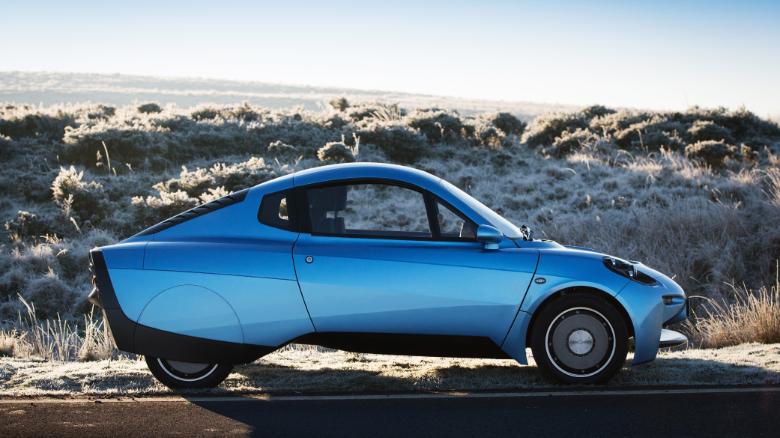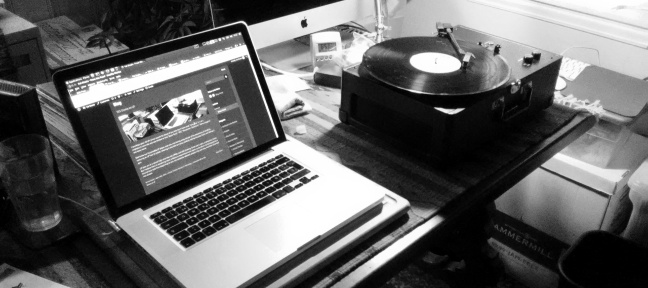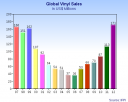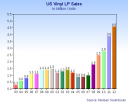Hydrogen is back!

Many years ago, while at ASU, I was a member of the American Hydrogen Association. We worked toward the proliferation of a hydrogen powered fuel economy. Under the leadership of Roy MacAlister, they converted a Datson 280z (a very sexy car) to hydrogen and drove it from Phoenix to Flagstaff (200+ miles rt) entirely on water. They even lined the rear window sun shade fins with a small PV array to help with the electrolysis of water.
But hydrogen tech disappeared for two decades. Just recently Toyota brought hydrogen cars into California, and now, a Welsh company is building 20 prototypes of a hydrogen powered car (as sexy as the 280z).
What I find fascinating about this is the full story, the patience and persistence required to bring something like this to fruition. My grandfather Ray Kruse spoke of a time in the ’70s when Winnebago (the RV company) was experimenting with a hydrogen fleet. But they were challenged by the oil companies (according to my grandfather) who forced them to halt further development. UPS too experimented, and stopped.
Hydrogen makes sense from an energy-density point of view, time to refuel, and working with an existing infrastructure. But one big question remains–where will we find the most abundant element in the universe? We don’t have enough clean water to pour into our gas tanks. Salt water is too expensive to desalinate (at current technology). And that leaves us with hydrogen-packed fossil fuels, which puts us right back where we started from.
Damn.


